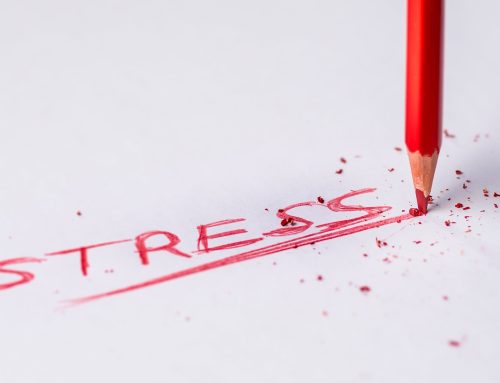Isn’t it interesting that I have found myself doing almost weekly presentations on Stress Management. This comes from client requests in a number of different industries. There is always a different spin on what they need and why:
Holiday Stress – time of year just for fun
“It’s been a tough year with people being asked to do more with less…”
“It’s a challenging job – how do we transform that stress in a positive direction?”
“This is a super busy time of year – We want to help staff anticipate that and stay ahead of the stress”.
No matter what the particulars, the concept of “transforming stress” is a compelling one. In the courses I present, I define stress as “a normal physiological reaction to a perceived threat”. Our brains have built-in mechanisms that start emitting stress hormones in order to protect against threat. However, the amount and types of threats we experience in modern society are not what this process was originally designed for. Our brain does not initially distinguish between a “real” threat and a “perceived” threat. Therefore our body starts this chain reaction when we may be sitting in a meeting and we hear something we don’t like, if we perceive a slight from our boss or a coworker, or when our spouse tells us we need to sit down and review the ‘family budget.’
Eustress is the term that has been coined to identify the positive stress we experience to tackle the job at hand. Face it, it takes a certain amount of stress just to get out of bed in the morning and face the day. It takes even more to meet a challenging deadline, or to initiate a “courageous conversation.” All of these situations can be perceived as a threat. Our bodies create the appropriate amount of energy to face these challenges. However, when we experience an overload of unplanned and seemingly overwhelming threats, we move into distress. Volumes of medical research have indicated this stress can contribute to numerous major health and psychological problems including heart disease, cancer, major depression, and suicide.
The good news is that we can learn stress management strategies to transform stress into positive and healthful directions. At the least we can use cognitive psychology techniques to begin to view threats in a more realistic way. We can be proactive in keeping our bodies in a more balanced state through breathing techniques, meditation, exercise, nutrition, etc. We can use the energy that is created in stressful situations to learn and practice assertiveness, setting boundaries and learning optimism.
Finally, we are social creatures and all need social support to weather and manage the storms we experience. We typically don’t do so well when we feel we need to “do it all on our own.” Learning to ask for help, delegating appropriately, and forming ally relationships can not only help manage stress but prevent distress.
Here is an article that describes some of the physiological processes that occur in stress states and a case for considering transforming your stress.
Patrick Hiester, LPC
Vice President of BizPsych











Leave A Comment